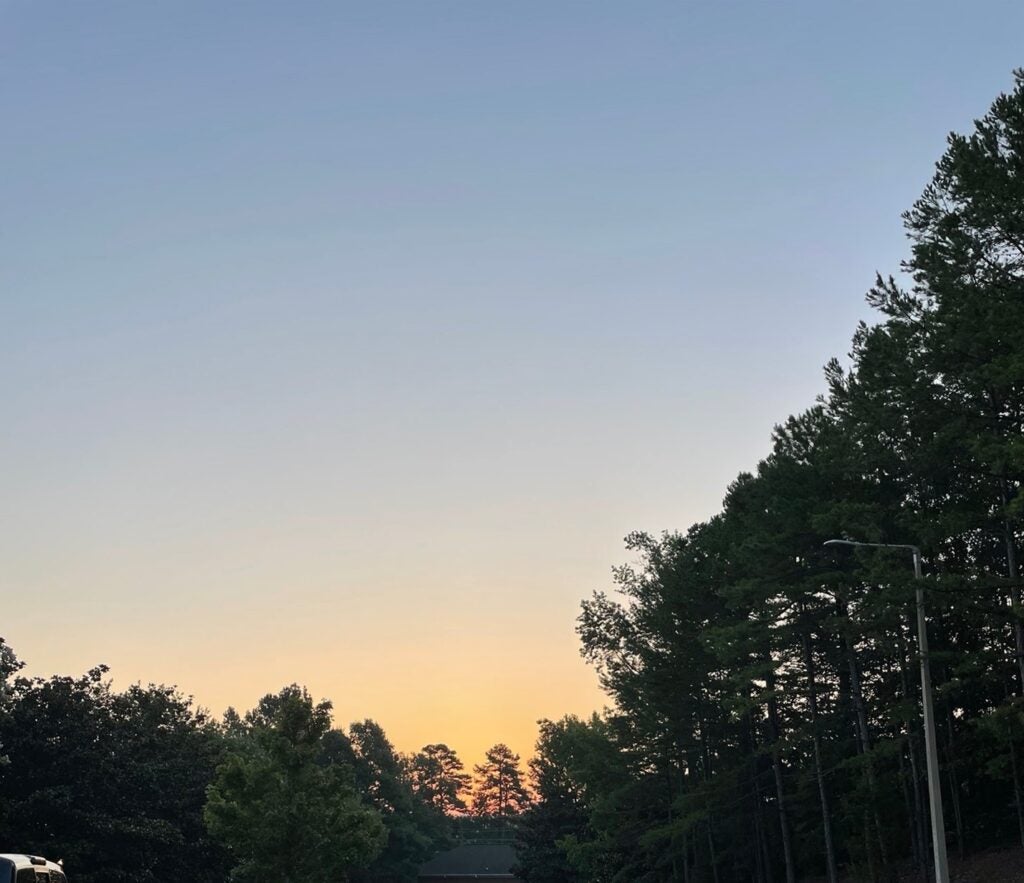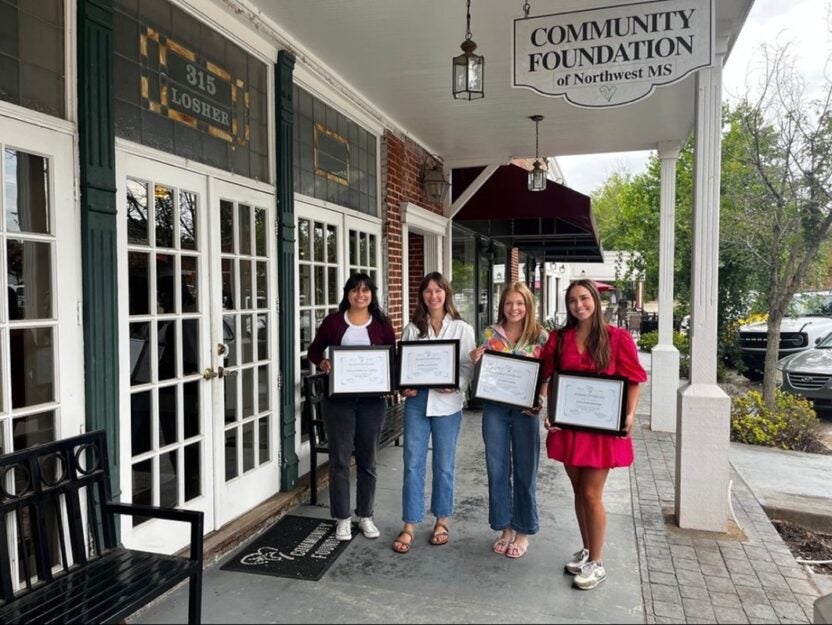Pictured above: Summer 2023 Interns for the Community Foundation of Northwest Mississippi
By Sophie Hathaway
Winokur Fellow
SM Candidate, Department of Global Health and Populations
My name is Sophie Hathaway, and I am a second-year Master of Science Candidate at the T.H. Chan School of Public Health, focused on Global Health and Population Studies with a concentration in Women, Gender, and Health. Today in this blog post I will outline key takeaways from my summer internship in the Mississippi Delta and offer commentary on what rural health can offer academia.
Or, I could say:
Hi, I’m Sophie. I am from a small community in Massachusetts, where I grew up with my mom and two cats. I’ve worked in rural health for a while now and I am so excited to share a piece of that with you now, reader.
Anyone who regularly engages with academic spaces will know that in academia we tend to be more comfortable using and reading formal language, as seen in the first opener, whether that is over email, in-person, or in our written work. Formal and impersonal language certainly has a time and place, but after working in rural spaces for the last five years, I think it’s time academia embraced the magic of being personal and informal. Let me tell you why.
This summer I spent two months working in the Mississippi Delta with the Community Foundation of Northwest Mississippi on issues of food insecurity, supplemental food provider funding, and food system improvement. A piece of this work was conducting interviews with supplemental food providers (food pantries, food banks, youth organizations, churches) about their needs, challenges, and how grant funding can support them. I wrote the interview script, drafted the interview questions, and was eager to talk to people- armed with my extensive plan about the sequence of questions, method of questioning, and theory behind my question design. My first interview was awkward. It was devoid of personal information about me, conducted using formal language, a script, and lasted about fifteen minutes. The participant was gracious and had great insights, but I couldn’t shake the feeling that this could be a better conversation and I was letting them down.
It clicked two weeks later during a community site visit, where I was chatting with a food provider about their work, and I started asking them my scripted questions. They laughed, asking me, kindly, but bluntly, who those questions were written for. It was then I realized that I hadn’t written and phrased these questions for the community, but for an academic and impersonal audience. These questions weren’t infused with the same level of personal love, care, spiritual calling, and devotion that the community members I was speaking to were approaching their work with.
Fast forward to after I did my second interview, a 55-minute phone call where we chatted about the evaluation questions, but also about my family, their family, religion, having kids, and whether or not Sonic made better chicken nuggets then Wendy’s. In this interview I referenced my script but translated what I had written into informal and accessible language. I made an effort to share personal pieces of information equal to those shared by my participant. I learned in that interview that every time I shared a piece of myself, I learned something about my interviewee, their community, or their lived experience that was invaluable and would have been missed by my initial questions. I wouldn’t tell a stranger something deeply personal, like whether or not I was food insecure, so why would I expect folks to offer that information up to me? In my initial impersonal approach, I had denied my future participants the chance to share themselves as whole person and inadvertently declined to share who I was and what motivated me to do this work.

I eventually ended up interviewing, visiting, and learning from 30+ supplemental food providers. With each person I worked to build trust, foster a relationship, and not repeat a cycle of extractive knowledge production that has happened to their community. I recently returned to share my findings at the Mississippi Hunger Summit hosted at the University of Mississippi, where I had a chance to verify with the community that the data I collected was accurate, representative, and captured their lived experience with nuance and care. That presentation was delivered with informal language, no jargon, just me speaking to the community I wanted to serve. After my talk I was approached by someone who offered me the highest praise I have ever received, which was, “you get it.” This outcome would have been very different if I had chosen the impersonal route, the quick option, and tried to ignore the importance of relationships and reciprocity in rural communities.
Even though I am from a small town and chose rural health as a career because of my own positionality to the subject, I too had to recalibrate my relationship to working in rural communities and how I could approach this work with my full self. I invite anyone reading this, who works or interfaces with academia regularly, to interrogate how you can change the way you use language and share your positionality to have an authentic relationship with the communities you are sourcing data from. I encourage you to explore the ways in which your positionality could connect you to the community you are working with, or maybe if you work in spaces you don’t have a personal connection with, what are pieces of you that you can share to make those connections personal? We all have more work to do when it comes to how our language in academia can either facilitate or prevent us building relationships with people, places, and spaces; and at least for me, working in rural health is a perfect place to start.


You must be logged in to post a comment.